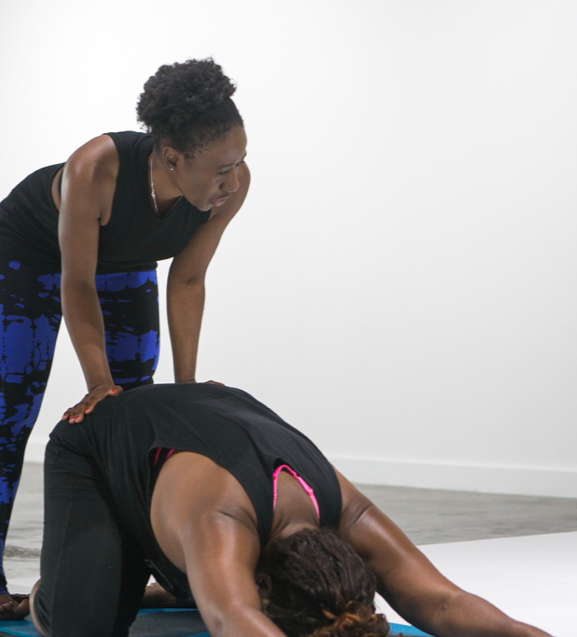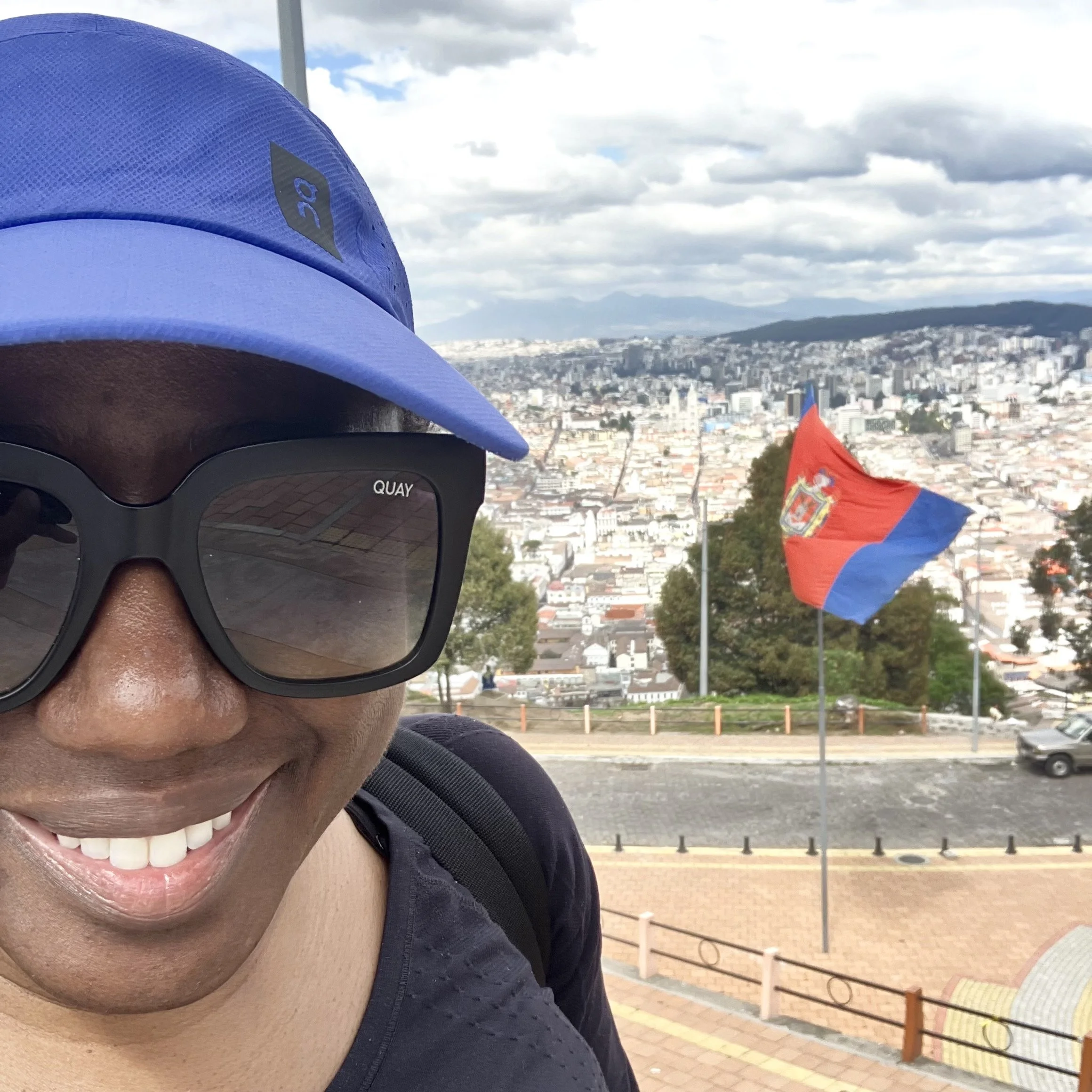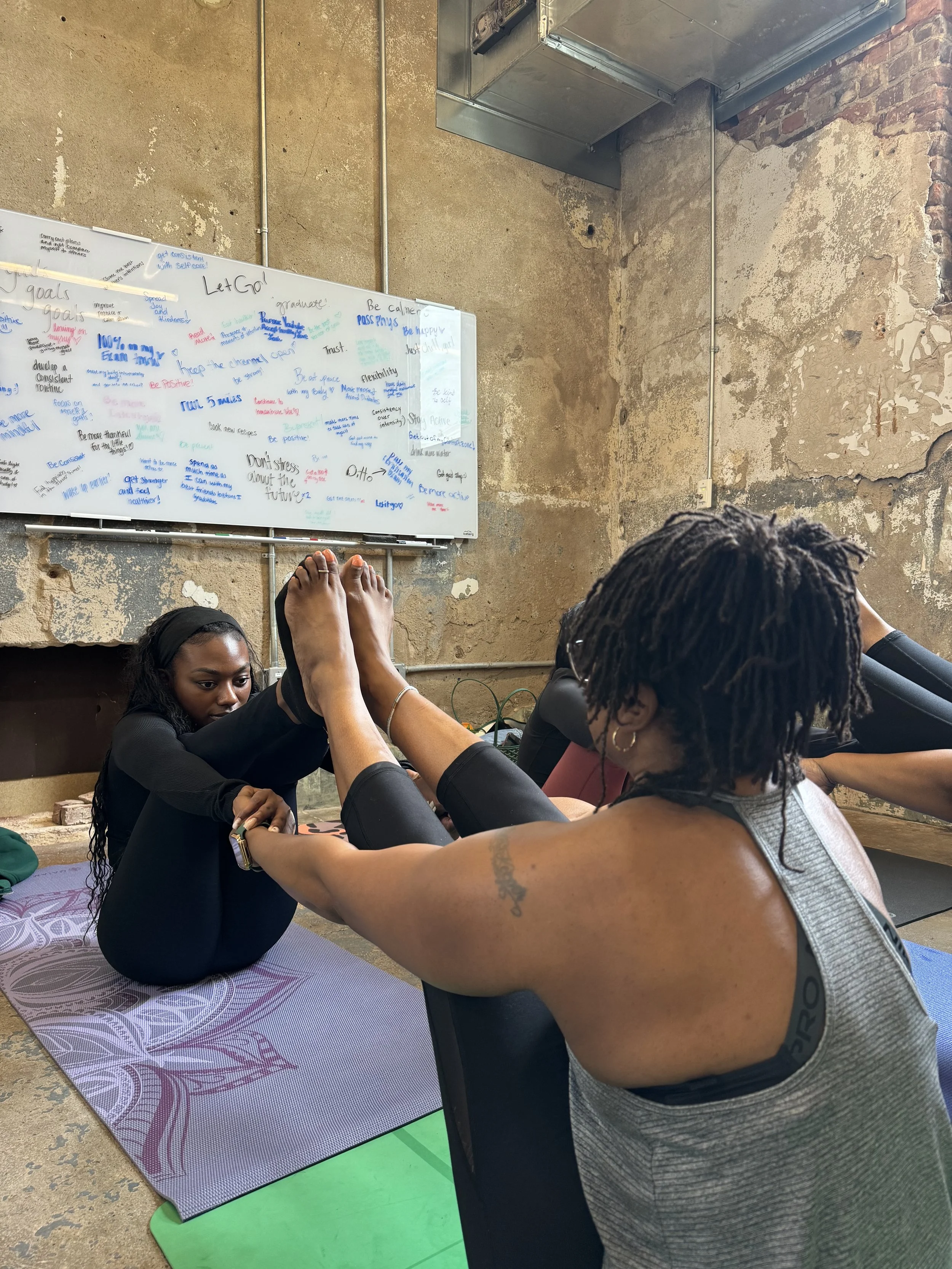This is why you feel so calm after yoga class
Ivory Howard
This is why you feel so calm after yoga class
Have you ever wondered why you feel so much calmer after a yoga class? Or why that deep breath during a stressful moment actually works to settle your nerves? The answer lies in understanding the vagus nerve.
What Is the Vagus Nerve?
The vagus nerve is the longest nerve in your body, running from your brainstem all the way down to your abdomen, connecting your brain to major organs like your heart, lungs, and digestive system. The vagus nerve is the main component of your parasympathetic nervous system—that's your "rest and digest" mode, as opposed to the more familiar "fight or flight" response. When your vagus nerve is activated, it sends a clear message throughout your body: "Hey, we're safe. Time to relax, repair, and restore."
Your vagus nerve has direct connections to your diaphragm and breathing muscles. When you breathe deeply and slowly, you're literally massaging this nerve, sending signals that activate your body’s relaxation response. When you take a slow, deep breath in through your nose, your diaphragm drops down and your ribcage expands. This gentle stretching stimulates vagus nerve receptors throughout your torso. This is why breath control, or "pranayama" in yoga tradition, is so central to these practices. We're not just filling our lungs with air; we're actively engaging our body's stress-relief system.
Let’s break down what's actually happening in your body during deep breathing. When you engage in slow, intentional breathing:
Your heart rate slows down
Your blood pressure decreases
Stress hormones like cortisol drop
Feel-good neurotransmitters increase
Your digestive system comes back online
Your immune system gets a boost
I see this transformation happen in my studio every single day. Students walk in carrying the weight of their day—shoulders tight, breathing shallow, minds racing. By the end of class, after we've spent time focusing on deep, intentional breathing, their faces are softer, their shoulders have dropped, and they move through the world with more ease.
Box Breathing
Ready to experience this for yourself? Try box breathing. You can do this anywhere—at your desk, in your car, or on your yoga mat.
Sit comfortably with your spine tall. Place one hand on your chest, one on your belly. Close your eyes or soften your gaze downward. Breathe in through your nose for 4 counts. Hold your breath for 4 counts. Exhale through your nose for 4 counts. Hold empty for 4 counts. Repeat this cycle three times, then notice how you feel compared to when you started reading this post. That shift you might be experiencing? That's your vagus nerve doing its job.
You now have a powerful tool available 24/7. You literally carry a stress-relief tool with you everywhere you go—no apps required, no equipment needed, just your own breath. Consider using box breathing when you're:
Stuck in traffic and feeling frustrated
About to give a big presentation
Lying in bed unable to fall asleep
Feeling overwhelmed by your to-do list
Transitioning between different parts of your day
In my classes, I always remind students that the breath work we practice on the mat is preparation for life off the mat. Every time you choose to breathe deeply instead of holding your breath during stress, you're strengthening your body's natural ability to return to balance. The next time you feel stress creeping in, remember that you have the power to activate your body's natural relaxation response. Take that deep breath, engage your vagus nerve, and trust in your body's remarkable ability to find calm in the midst of chaos.
Your nervous system is designed to help you thrive, not just survive. Sometimes all it takes is remembering to breathe deeply and letting your body do what it already knows how to do best.
Ready to give it a try? Take a look at this week’s studio schedule and join me for class or sign up for an upcoming workshop.




